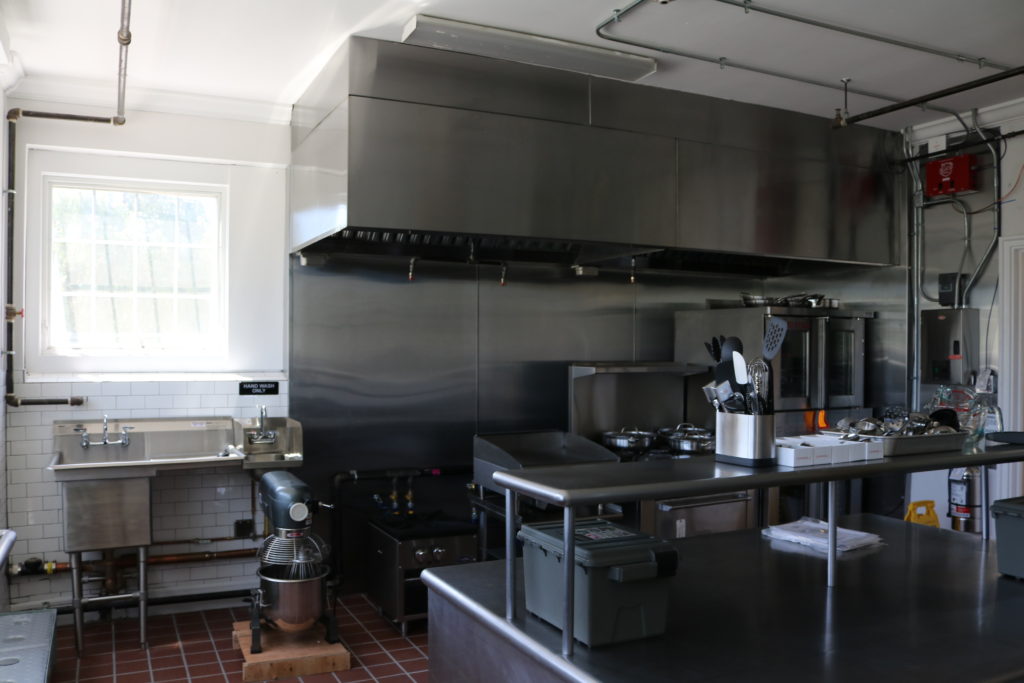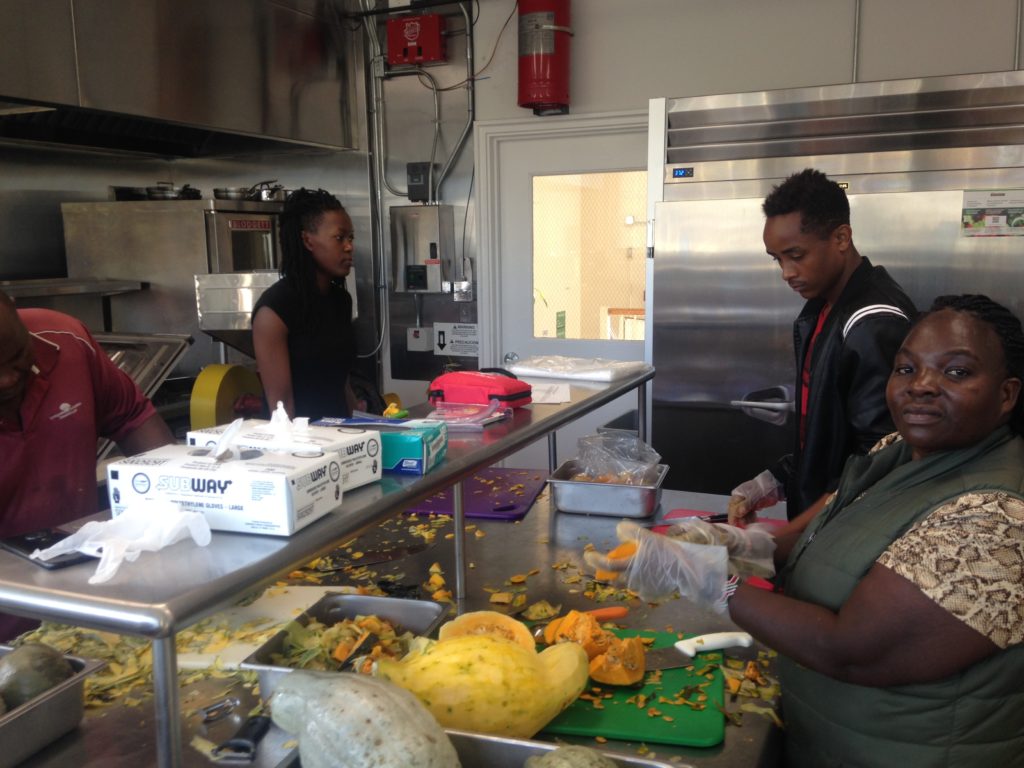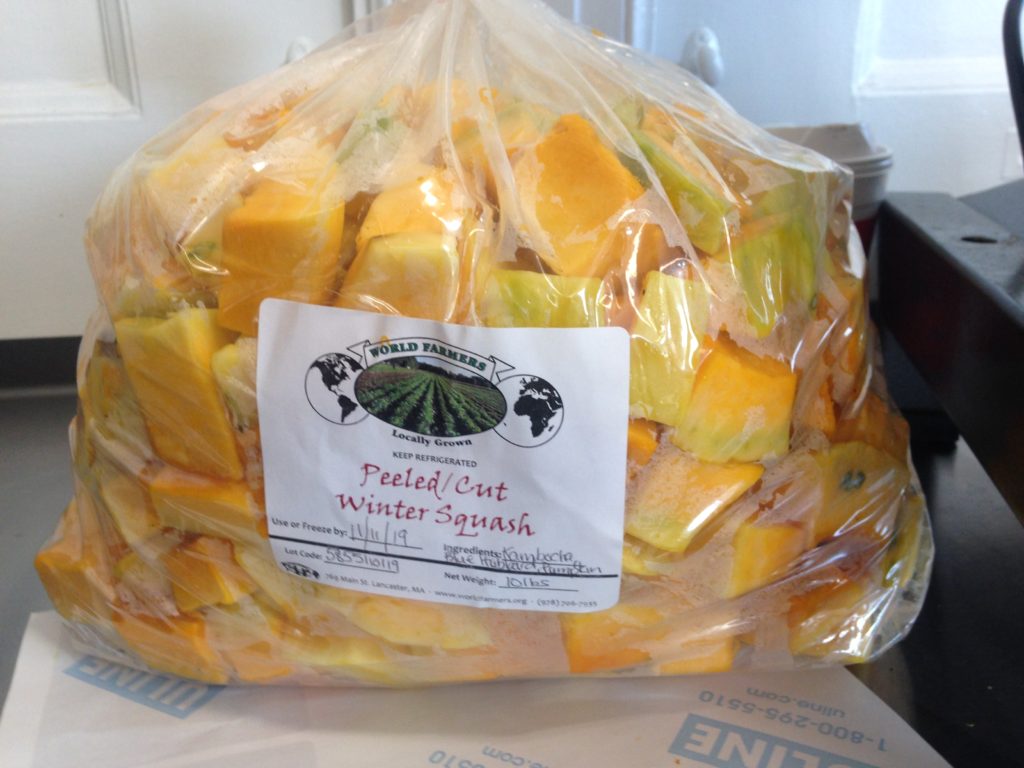
FLATS MENTOR FARM
The Flats Mentor Farm (FMF, or The Flats) is located on a 70-acre river bottom parcel of land in Lancaster, Massachusetts. FMF assists and supports small farmers of diverse ethnic backgrounds with the land, farming infrastructure and marketing assistance needed to promote and sustain successful farming enterprises. FMF promotes economically viable agricultural production that protects the environment through the practice of sustainable farming methods. With the help of a farm manager, sustainability coordinator, and the entire World Farmers team, farmers at the Flats have access to shared and individual resources, as well as hands-on-training and technical assistance on soil fertility, irrigation, pest and weed management, and marketing.
Immigrant and refugee farmers have been farming at this location since 1985. In 2005, after many trials and tribulations, the farmers formally organized to become Flats Mentor Farm. Since then, with the support of Heifer International, the University of Massachusetts Amherst, the Society for the Promotion of Agriculture, the USDA, and many others, the farmers at FMF have evolved from growing enough for their immediate and extended families to selling their produce at farmers’ markets and throughout cooperative wholesales across the state. The number of farmers selling at these markets have increased each year, from just 6 farmers markets in 2005 to 40 in 2017.

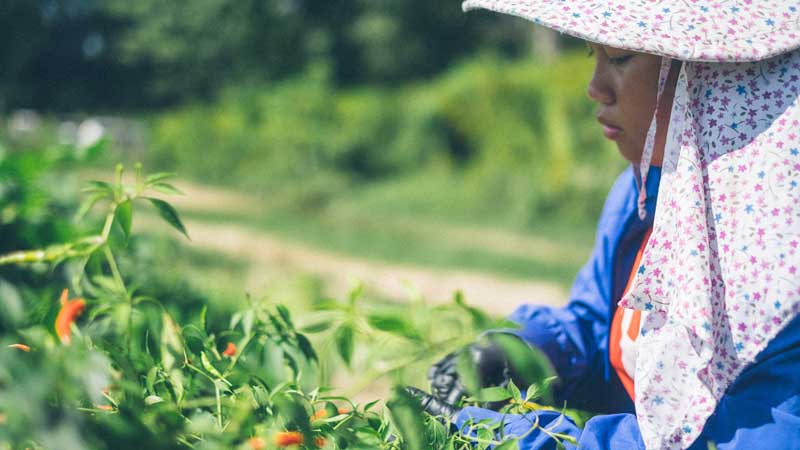
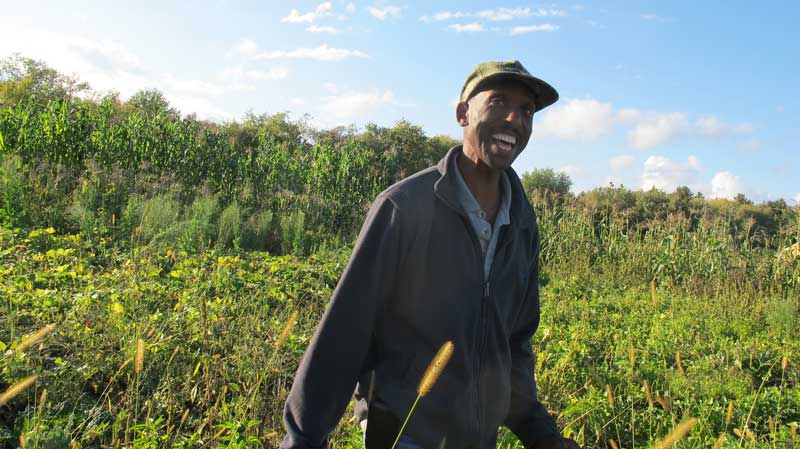
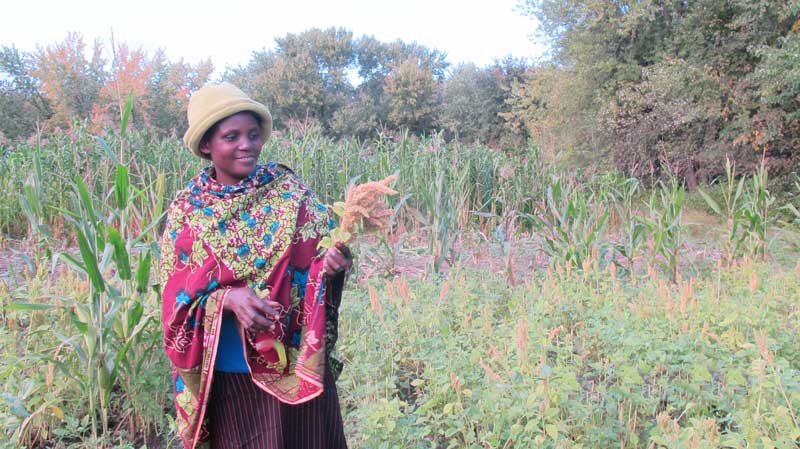
THE MENTORSHIP PROGRAM
World Farmers’ Mentorship Program is based on a model of assessing each farmer’s physical capacity, time commitment, and entrepreneurial goals and then helping them to set achievable goals for their personal farm. Based on the assessment, each farmer is provided one of three levels of training and technical assistance. These levels are:
-Phase I, for New Arrivals Farmers, who receive a plot of land and all necessary production infrastructure free of charge for the first season. In this first year in the Flats Mentoring Program, these farmers assess their farming abilities, evaluate their personal commitment to farming, and decide whether to move to the next level of the mentoring process.
-Phase II, where returning farmers are mentored on all aspects of crop production, marketing, and the post-harvest handling. In addition to formal training, farmers develop via informal exchanges with their fellow farmers at the Flats.
-Phase III, for established farmers who have been producing, harvesting, marketing, and selling their own produce for more than five seasons and possess the knowledge necessary to operate their own independent farming enterprises. In this stage, farmers can receive support in purchasing or leasing their own farms, though there is no obligation to do so.
THE COMMUNITY KITCHEN
In 2017, World Farmers will be expanding the range of services available to our farmers by building out a commercial processing kitchen. This new space will give farmers at the Flats the opportunity to create value-added goods that reduce food waste, diversify their businesses, prolong the season, and ultimately contribute to stronger brands and more robust profits. In addition, making value-added products creates a valuable opportunity to develop more advanced accounting, marketing, and business management skills. The commercial kitchen is conveniently located in central Lancaster, just one mile from the Flats.
One of the things our farmers are already excited to make is stone-ground maizemeal, which East Africans boil with water to make, sometimes referred to as “African Polenta.” Entrepreneurial farmers are also itching to expand production of fresh spring rolls. We also have dreams of transforming fresh herbs into delicious pesto, dehydrating herbs, and of course turning any bumper crops into delicious pickles, sauces, or easy-to-use frozen produce. More information coming soon!
